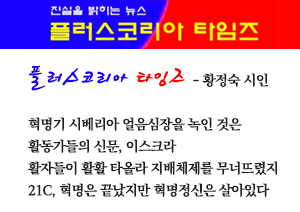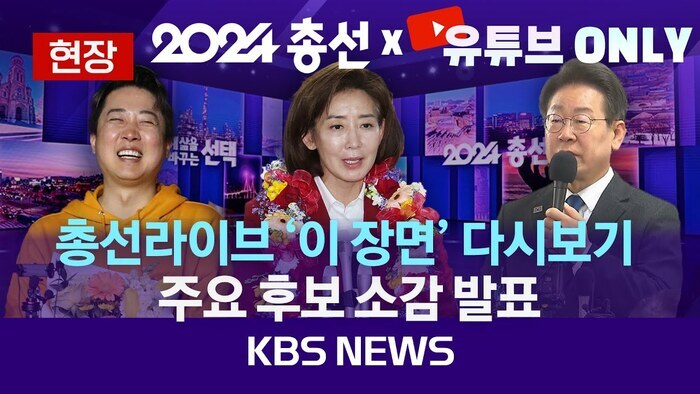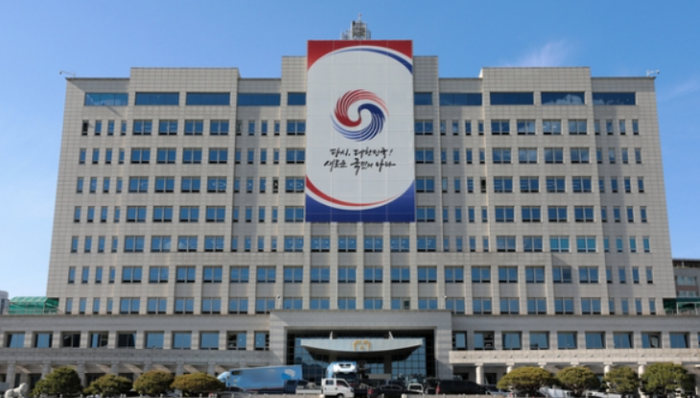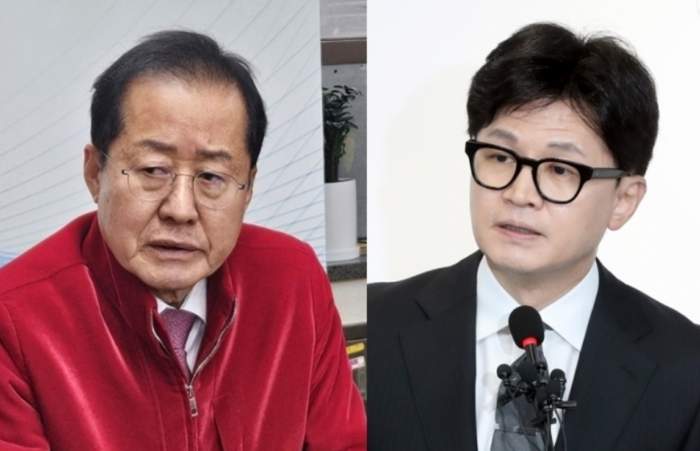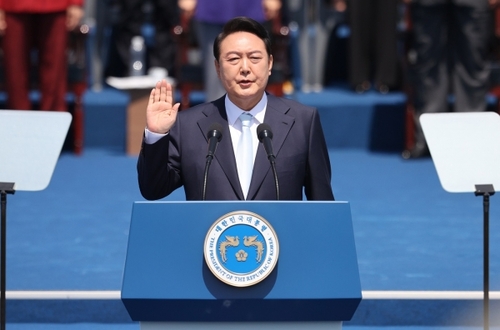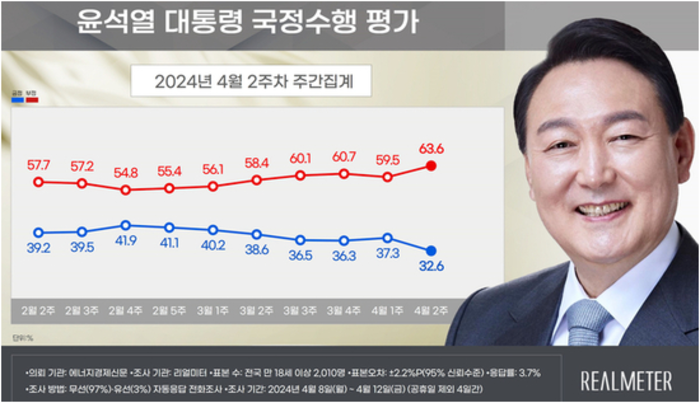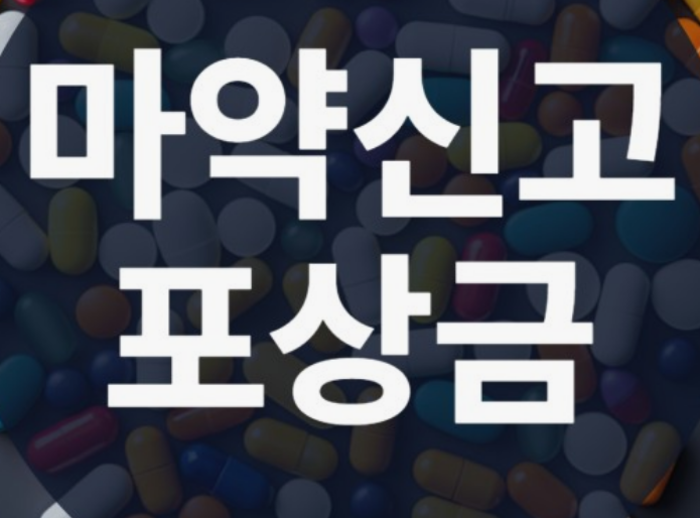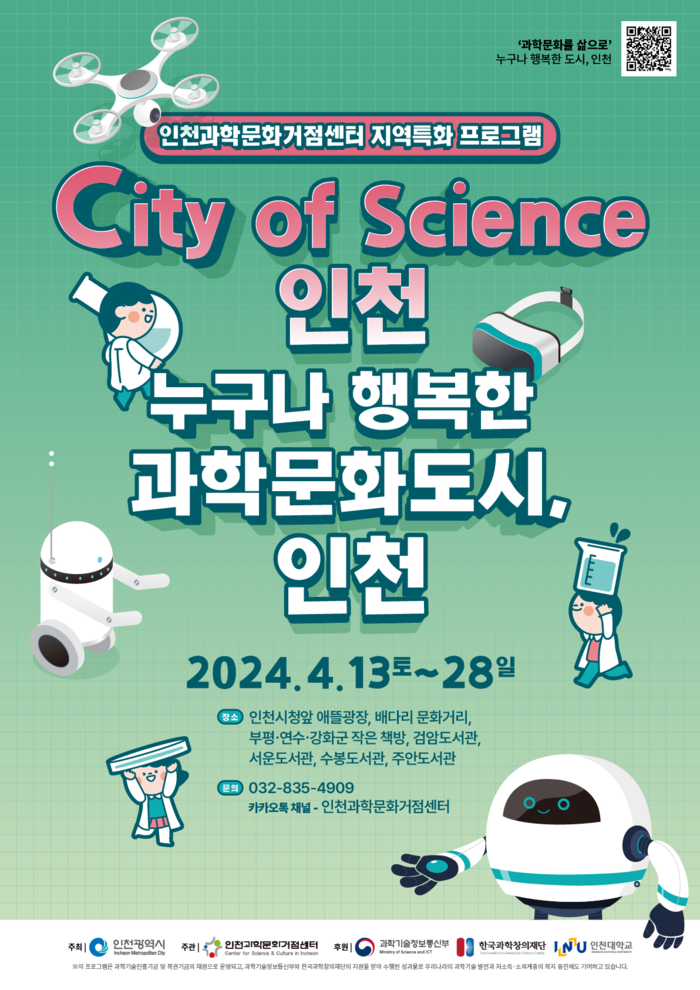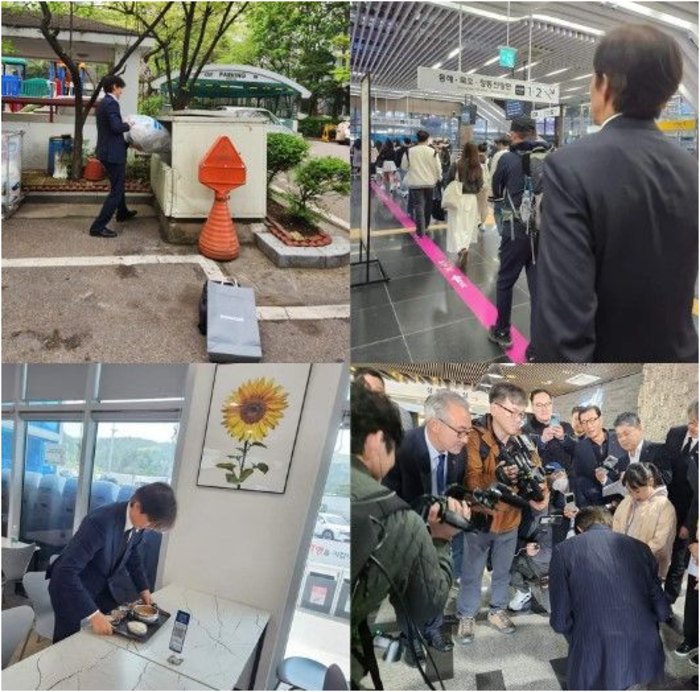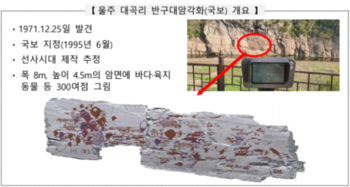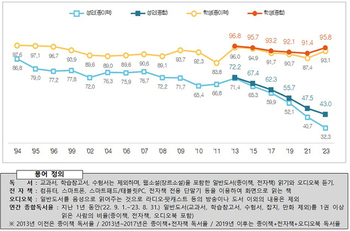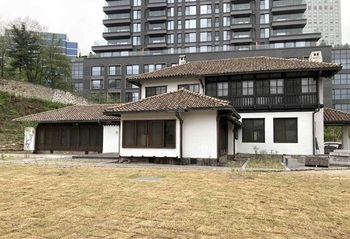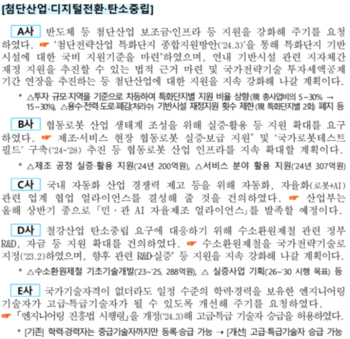동아시아포럼, 한국인들, 경제발전 때문에 민주주의 희생시키지 않을 것
노동 개혁안과 국정교과서에 대한 국민들의 적극적인 반대는 민주주의 수호에 대한 의지를 암시
동아시아포럼, 한국인들, 경제발전 때문에 민주주의 희생시키지 않을 것노동 개혁안과 국정교과서에 대한 국민들의 적극적인 반대는 민주주의 수호에 대한 의지를 암시[플러스코리아타임즈 = 김일미 기자] 동아시아포럼은 30일 한국의 급속한 경제 발전과 민주화가 박근혜 정권에서 도전을 받고 있다는, 암울하지만 한국 상황을 제대로 전달하는 보도를 내보냈다.
기사는 한국의 빈부 격차가 악화일로로 치닫고 있는 상황에서 박근혜 정부의 친기업적 노동개정안과 시위 과잉진압, 역사 교과서 국정화 같은 반민주적인 정책들은 국민들의 공분을 샀으며 대규모 저항을 불러일으켰다고 말했다.
또한 박 정부의 역사교과서 통제의도는 단지 자유와 다양성을 침해하는 사례로 인식될 것이라고 말하며 ‘낮과 밤이 다르듯 한국을 북한의 꼭두각시 정권과 다르게 만든 민주주의적 자유를 박근혜 대통령이 퇴행시키고 있는 듯 보이는 것은 놀라운 일’이라는 뉴욕타임스의 논평을 인용, 현 정부의 반노동자적이고 비민주적인 행보들을 강도 높게 비판했다.
동아시아포럼은 현 정부에 대한 불만이 젊은 층에서 훨씬 높게 나타나는 현상을 자세히 짚으면서 암울한 한국의 현실에 대한 보도를 이어갔다. 신조어 ‘헬조선’은 취업과 삶에 있어 성공의 기회조차 없는 젊은 세대들의 의욕상실을 반영하며 이들의 불행과 불안을 함축한다고 설명했다.
이어 과도한 사교육비는 교육을 사회적 신분 상승을 위한 수단으로 삼는 젊은이들에게서 수많은 기회를 박탈했으며, 심지어 대학교육을 받았다 해도 2000년대 들어서 가장 높은 청년실업률 수치를 보이는 것은 일자리 찾기가 예전보다 더욱더 어려운 상황임을 말해준다고 덧붙였다.
뿐만 아니라 장기고용에 대한 전망 또한 어둡다고 말하고 2011년과 2014년 사이에 취업한 사람들의 3분의 1이 비정규직 일자리를 얻었으며 이는 OECD 회원국 평균보다도 훨씬 높은 비율로 한국의 젊은 세대는 이처럼 저성장과 악화되는 계층 간 간극 및 취업 전쟁으로부터 직접적인 타격을 받고 있다고 우려했다.
동아시아포럼은 그러나 한국인들이 이같은 경제적인 위협에 직면하고 있으나 정부가 민주주의 원칙을 지키기를 기대한다고 말했다. 이같은 기대감은 노동 개혁안과 국정교과서 정책에 대해 적극적인 반대에서 알 수 있으며 과거처럼 경제 발전을 위해 민주주의를 희생시키지 않겠다는 의지를 암시하는 것이라고 평가함으로써 희망적인 여운을 남겼다.
다음은 뉴스프로가 번역한 동아시아포럼 기사 전문이다. 번역 감수 : Elizabeth 기사 바로가기 ☞ http://bit.ly/1Jh1akw
South Korea’s choice between prosperity and democracy 번영과 민주주의 사이에서의 한국의 선택
30 December 2015
South Korea has been celebrated for the twin successes of its rapid economic development and democratisation. But the political and economic progress that has taken place has increasingly come under challenge in recent years. The worsening gap between the rich and the poor, and certain undemocratic policies have been cause for growing concern among the public. Two of the most controversial issues of 2015 reflect these concerns: new labour reforms and the adoption of government-mandated history textbooks. Both of these issues brought about widespread protests.
한국은 자국의 급속한 경제 발전과 민주화라는 쌍둥이 성공을 자축해왔다. 하지만 그동안 일궈온 정치적 경제적 발전이 최근 들어 점점 도전을 받고 있다. 악화되고 있는 빈부 격차와 몇몇 비민주적인 정책들이 국민들 사이에서 점점 커지는 우려의 원인이 되었다. 2015년 가장 논란의 대상인 두 가지 문제인 새로운 노동개혁안과 정부 주도 국정 역사교과서 채택이 이러한 우려를 반영하고 있다. 이 두 가지 문제들은 대규모 저항을 야기했다.
The latest agenda for labour reforms has stirred the greatest controversy, sparking violent confrontations between the government and dissenters. In September, the Economic and Social Development Commission and the Federation of Korean Trade Unions reached a consensus on regulations for employment and dismissal. Full details of the regulations have not yet been revealed. But the more progressive Korean Confederation of Trade Unions, which was not included in the negotiations, considers the reform to be bad for workers as it would make it easier and cheaper for companies to dismiss full-time employees and exploit irregular workers.
노동개혁안에 관한 최근 정책 안건은 정부와 반대자들 간 폭력적 대립을 촉발시키면서 가장 큰 논쟁거리를 촉발시켰다. 9월에 경제사회개발위원회와 한국노총은 고용과 해고에 관한 규정에 합의했다. 아직까지 그 규정들에 대한 세부적인 사항들은 공개되지 않았다. 그러나 협상에 참여하지 않았던 보다 진보적인 민주노총은 그 개혁안은 기업이 정규직 직원을 해고하고 비정규직 노동자들을 착취하는 것을 더 쉽고 저렴하게 만들기 때문에 노동자들에게 불리하다고 생각한다.
On 14 November, tens of thousands of citizens in Seoul participated in a protest organised by the Korean Confederation of Trade Unions and various civil groups to oppose the proposed labour reforms. The police suppressed the protest by creating ‘car walls’ to block the protesters and using water cannons. Right after this incident,a New York Times editorial commented that ‘it is alarming that President Park Geun-hye appears intent on backtracking on the democratic freedoms that have made South Korea as different from North Korea’s puppet regime as day is from night.’
11월 14일 서울에서 수만 명의 시민들이 발의된 노동개혁안에 반대하기 위해 민주노총 및 많은 시민단체들에 의해 조직된 시위에 참여했다. 경찰은 시위대를 차단하기 위해 ‘차벽’을 만들고 물대포를 사용해 시위를 진압했다. 이 사건 직후 뉴욕타임스는 사설에서 ‘낮과 밤이 다르듯 한국을 북한의 꼭두각시 정권과 다르게 만들었던 민주주의적 자유를 박근혜 대통령이 퇴행시키고 있는 듯 보이는 것은 놀라운 일’이라고 논평했다.
An equally controversial issue that heightened a sense of democratic crisis was the Park administration’s announcement of a policy mandating high schools to adopt government-issued Korean history textbooks only. Previously, high schools were free to adopt from an array of independently produced history textbooks as long as the government certified them. Now the government is set to write a textbook to provide students with a more patriotic, ‘correct history’.
이와 유사하게 민주주의 위기의식을 고조시킨 논쟁적인 문제는, 고등학교에 정부발행 한국사 교과서만을 채택하도록 의무화하는 박근혜 정부의 역사교과서 국정화 정책 고시였다. 전에는 고등학교들이 정부가 검정만 거치고 독립적으로 발행된 역사교과서들 중에서 자유롭게 채택했다. 현재 박 정부는 보다 애국적인 ‘올바른 역사’를 학생들에게 제시할 교과서를 집필하도록 했다.
This initiative has inspired strong opposition within South Korea and overseas. Professional historians both inside and outside South Korea have made clear that such a government-initiated history textbook would be a significant retreat from the principle of academic freedom. The public, including high school students, have taken to the streets, demanding that the government retract the policy and allow diverse interpretations of history. Even a few national assembly members from the New Frontier Party, the current ruling party, stated that the way the government has handled the matter has been undemocratic.
이러한 시책은 한국 내부와 해외에서 강한 반대를 불러일으켰다. 한국 내외의 전문 역사가들은 그러한 정부주도 역사교과서는 학문의 자유 원칙으로부터의 현격한 퇴보라고 분명히 하고 있다. 고등학교 학생들을 포함한 대중은 정부가 그 정책을 철회하고 역사에 대한 다양한 해석을 허용할 것을 요구하며 거리로 나섰다. 심지어 현 집권당인 새누리당의 몇몇 국회의원들도 정부가 처리한 방법은 비민주적이었다고 언급했다.
Critics also expressed concern that the new policy could damage South Korea’s moral standing in its criticism of the Shinzo Abe government’s historical revisionism, which downplays Japan’s wartime atrocities including the so-called ‘comfort women’ system of sex slavery during the Asia Pacific War. The Park government’s intention to exercise this level of control over history textbooks is seen as only the latest episode of infringement on freedom and diversity.
또한 비평가들은 국가주도 역사교과서 정책은 아시아-태평양 전쟁 동안 성노예라는 소위 ‘위안부’를 포함한 일본의 전시 잔혹행위들을 축소하는 아베 신조 정부의 역사 수정주의에 대한 한국 정부의 비난에 있어서 한국의 도덕적 입지를 해할 수 있다고 우려를 표명했다. 역사교과서에 이 정도 수준의 통제를 가하려는 박 정부의 의도는 단지 자유와 다양성 침해의 최신 사례로 인식될 뿐이다.
Discontent with the current government is particularly high among South Koreans in their 20s (at 75 per cent), 30s (68 per cent) and 40s (60 per cent). Older citizens have comparatively much lower rates of dissatisfaction. The newly-coined term ‘Hell Chosŏn’ conveys the unhappiness and alarm that grips the younger population. The phrase, combining the English word ‘hell’ with reference to the Chosŏn Dynasty and its association with the feudal class system, reflects the low morale of the young generation, who don’t see any opportunities to succeed in terms of employment or standard of living.
현 정부에 대한 불만은 특히 20대(75%), 30대(68%), 40대(60%)에서 높다. 노년층은 비교적 불만족 비율이 훨씬 낮다. 신조어인 ‘헬조선’은 젊은 층 사람들을 옥죄고 있는 불행과 불안을 함축한다. 영어 단어 ‘헬’(지옥)과 조선왕조와 조선의 봉건 신분제를 연관시켜 조합하는 그 문구는 취업의 조건이나 삶의 기준에서 성공할 수 있는 기회조차 없는 젊은 세대의 의욕상실을 반영한다.
Education used to be a reliable means for upward social mobility, but the exorbitant costs of private, extra-curricular tutoring means that many of those opportunities are lost to those who cannot pay for them. Even if a young person succeeds in securing a college education, the job market is tougher than ever. The unemployment rate of those aged 15 to 29 is 10.2 per cent compared to an overall rate of 4.1 per cent. This is the highest recorded rate of youth unemployment since the measure was first taken in 2000.
교육이 사회적 신분 상승을 위한 가장 신뢰할 만한 수단이었지만 과도한 사교육비는 그 비용을 전혀 지불할 수 없는 사람에게서 수많은 기회를 앗아갔음을 의미한다. 심지어 한 청년이 대학교육을 받는다 쳐도 일자리 시장은 예전보다 더 어려운 상황이다. 15세에서 29세의 실업률은 전체 실업률 평균 4.1%에 비해 10.2%이다. 이 수치는 2000년에 처음 실시된 조사 이후 가장 높은 청년실업률이다.
The prospects for long-term employment also seem limited. Since the 1997 Asian financial crisis and the subsequent restructuring of large companies, ‘irregular’ or temporary jobs have rapidly increased in proportion to regular jobs. Between 2011 and 2014, one-third of all South Koreans who were employed held irregular jobs. That represents a rate much higher than the average among OECD countries.
장기고용에 대한 전망 또한 제한적이다. 1997년 아시아 금융위기 및 그에 따른 대기업들의 구조조정 이후 ‘비정규직’ 혹은 임시직이 정규직 일자리에 비해 급속도로 증가했다. 2011년과 2014년 사이에 취업한 한국인들의 3분의 1이 비정규직 일자리를 얻었다. 그것은 OECD 회원국 평균보다 훨씬 높은 비율이다.
Those between the ages of 15 and 29 have only recently emerged as a focal point of concern. The problems confronting other groups, such as children, women and the elderly, have received more attention from the legislature. It appears that this younger generation will bear the brunt of the slowing economy, the worsening class gap and the brutal job market. In the lead up to the national election in April 2016, political parties are now pledging to tackle the challenges of the younger generation — namely poverty, debt and unemployment.
15세에서 29세 사이의 한국인들이 최근 들어 근심의 중심에 있다. 아이, 여성 및 노인들이 직면하고 있는 문제들이 국회로부터 더 많은 관심을 받았다. 이 젊은 세대는 저성장, 악화되는 계층간 간극 및 잔혹한 일자리 시장의 직접적인 타격을 받고 있다. 2016년 4월 총선까지 정당들은 주로 빈곤, 채무 및 실업과 같은 젊은 세대의 난제들을 해결하겠다고 약속하고 있다.
As in previous elections, it is likely that strategic plans for economic growth and high expectations of social equity will be deciding factors in appealing to voters. In the past there was a willingness to accept infringements on democracy in the interest of economic expansion. In the wake of Park Geun-hye’s election in 2012 some analyses suggested that her victory reflected the desire for economic growth that had been part of the legacy of her father, former president Park Chung Hee.
이전 선거에서처럼 경제성장을 위한 전략적 계획과 사회적 평등에 대한 높은 기대가 유권자들을 설득하는 결정적인 요인들일 것이다. 과거에는 경제발전이라는 이익을 위해 민주주의 침해를 기꺼이 받아들이는 분위기가 있었다. 2012년 박근혜의 당선 이후 일부 분석가들은 박근혜의 승리가 아버지이자 전 대통령인 박정희의 유산의 일부였던 경제성장에 대한 욕구를 반영한 것이라 말했다.
South Koreans face economic challenges. Yet they have developed high expectations that their government will adhere to democratic principles. The active opposition of South Koreans to proposed labour reforms and government-mandated textbooks suggests an unwillingness to sacrifice democratic ideals for economic advancement.
한국인들은 경제적 위협에 직면하고 있다. 그러나 한국인들은 한국 정부가 민주주의 원칙을 고수할 것이라는 높은 기대감을 키워왔다. 노동 개혁안과 국정교과서들에 대한 한국인들의 적극적인 반대는 경제 발전 때문에 민주주의 이상을 희생시키지 않겠다는 의지를 암시하고 있다.
<저작권자 ⓒ pluskorea 무단전재 및 재배포 금지>

노동개혁. 민중총궐기 관련기사목록
|
연재
많이 본 기사
|



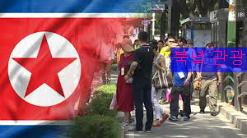

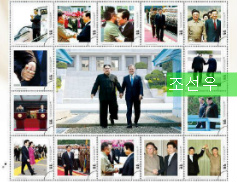
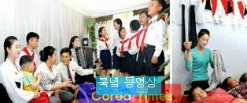

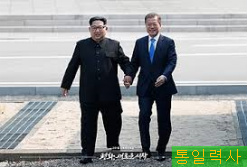







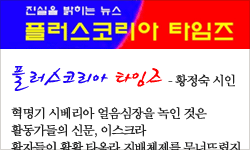


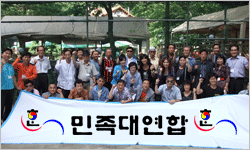







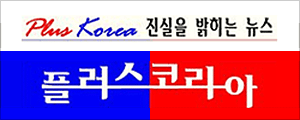


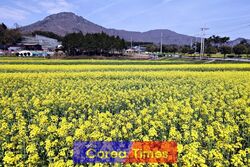


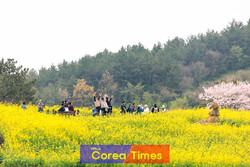



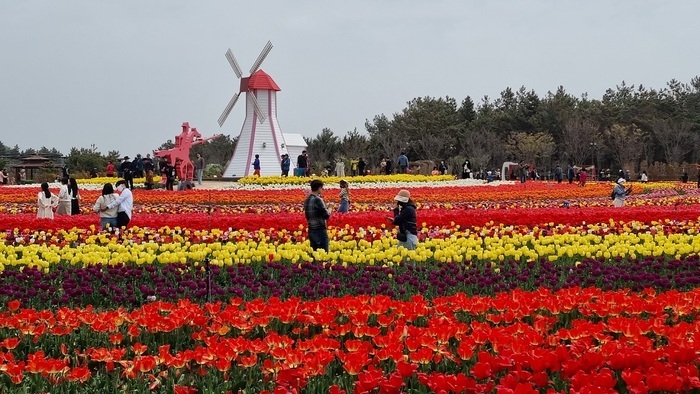


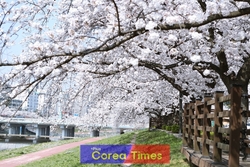
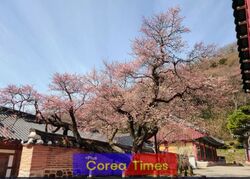

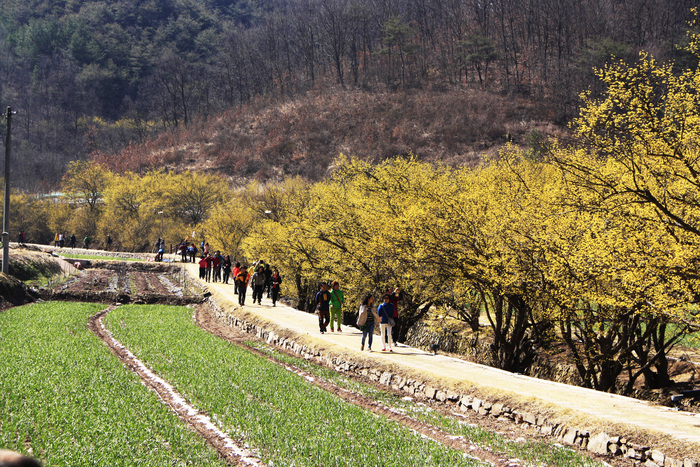
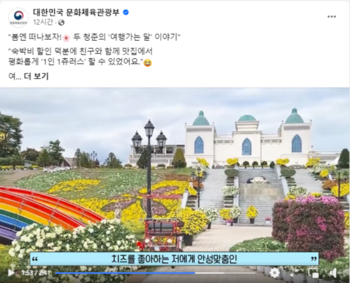

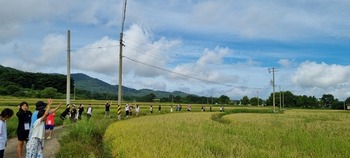
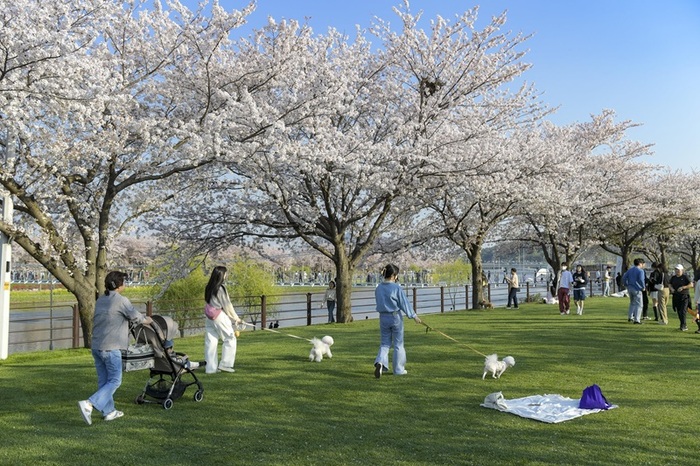
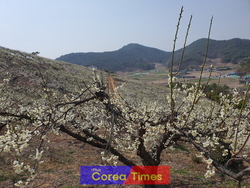


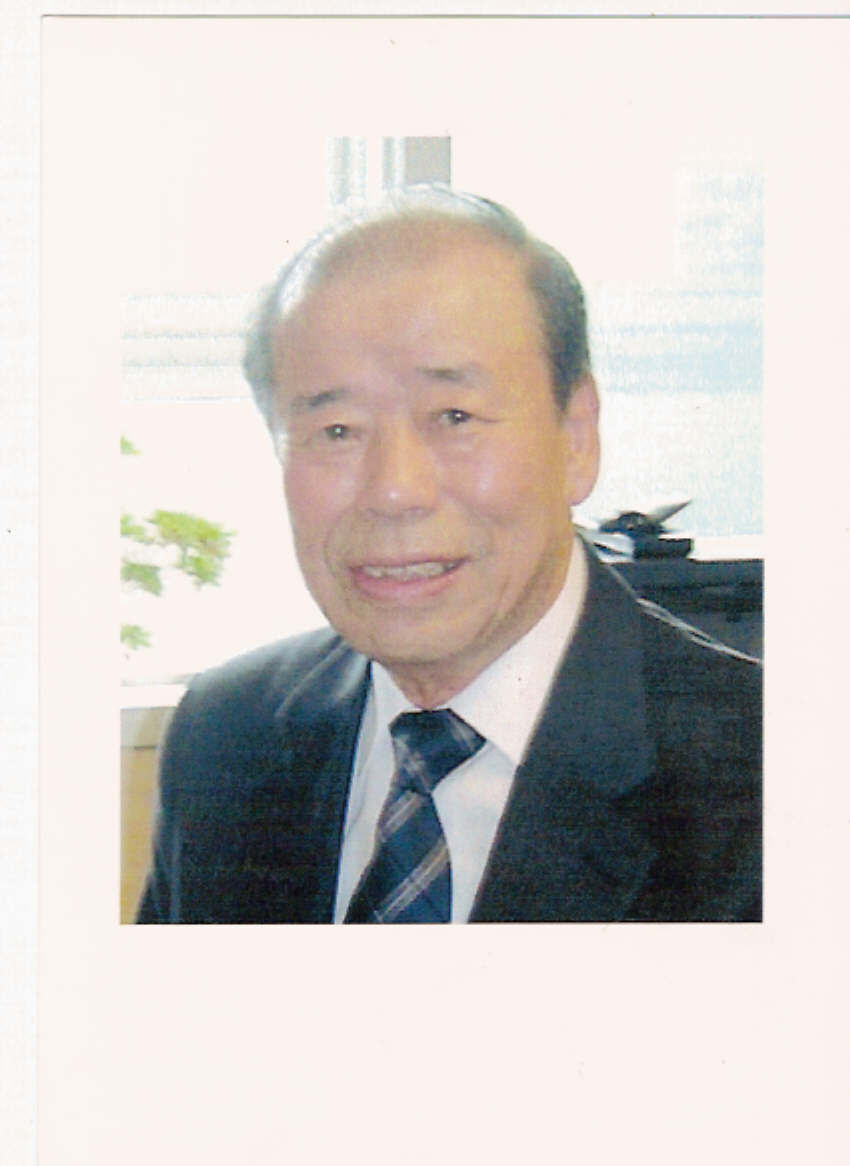
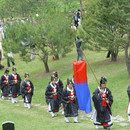


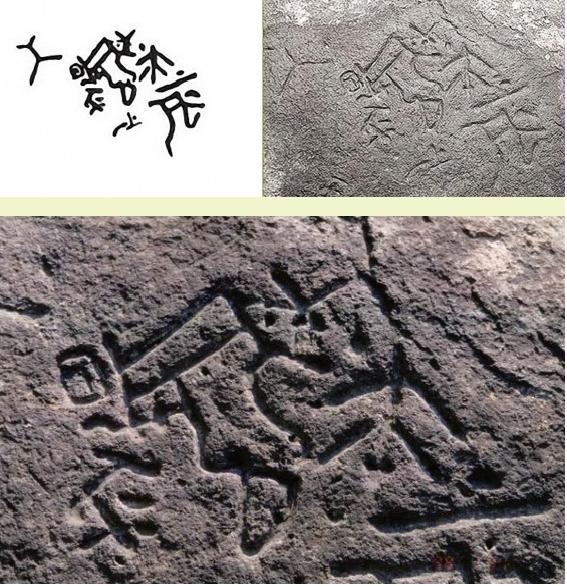
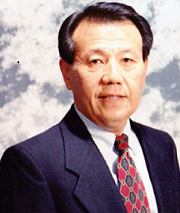

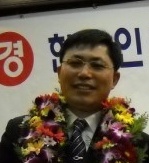
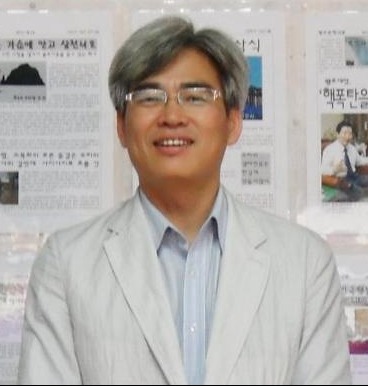
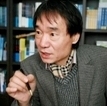
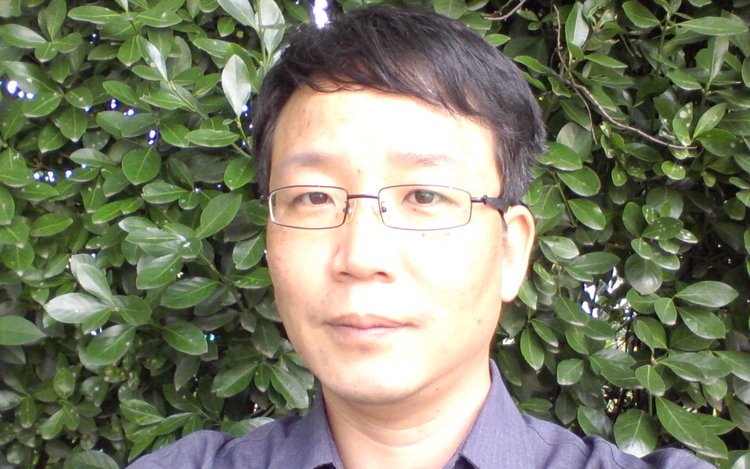
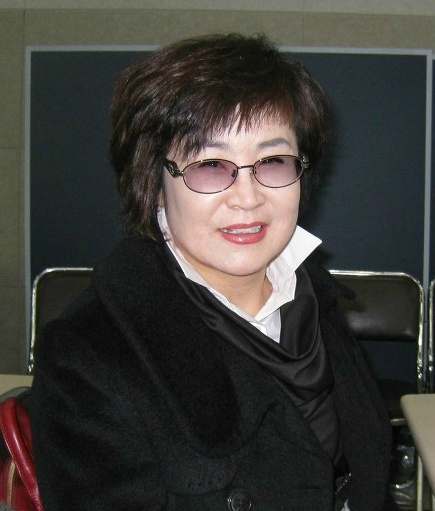

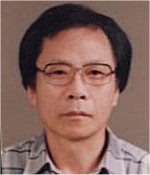
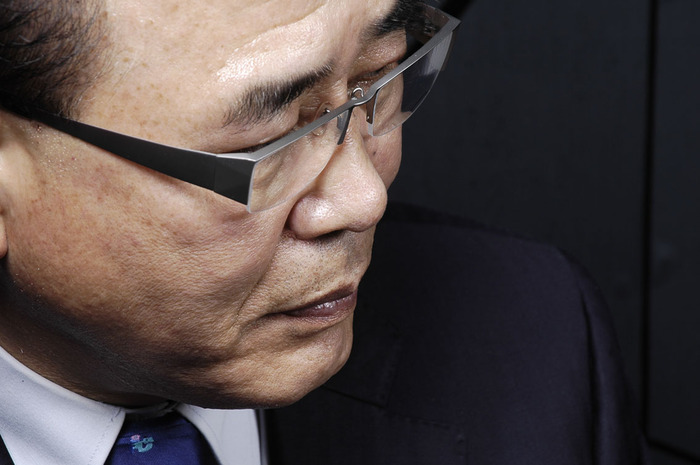
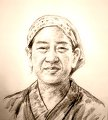

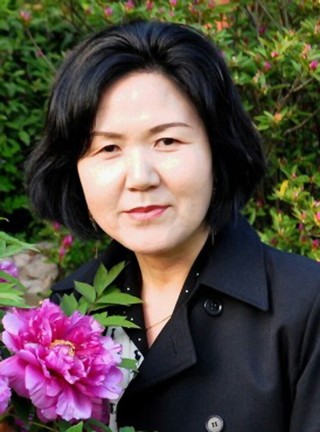
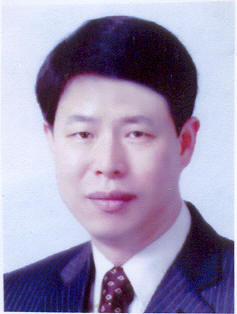

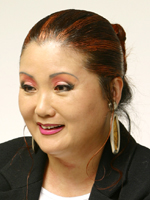
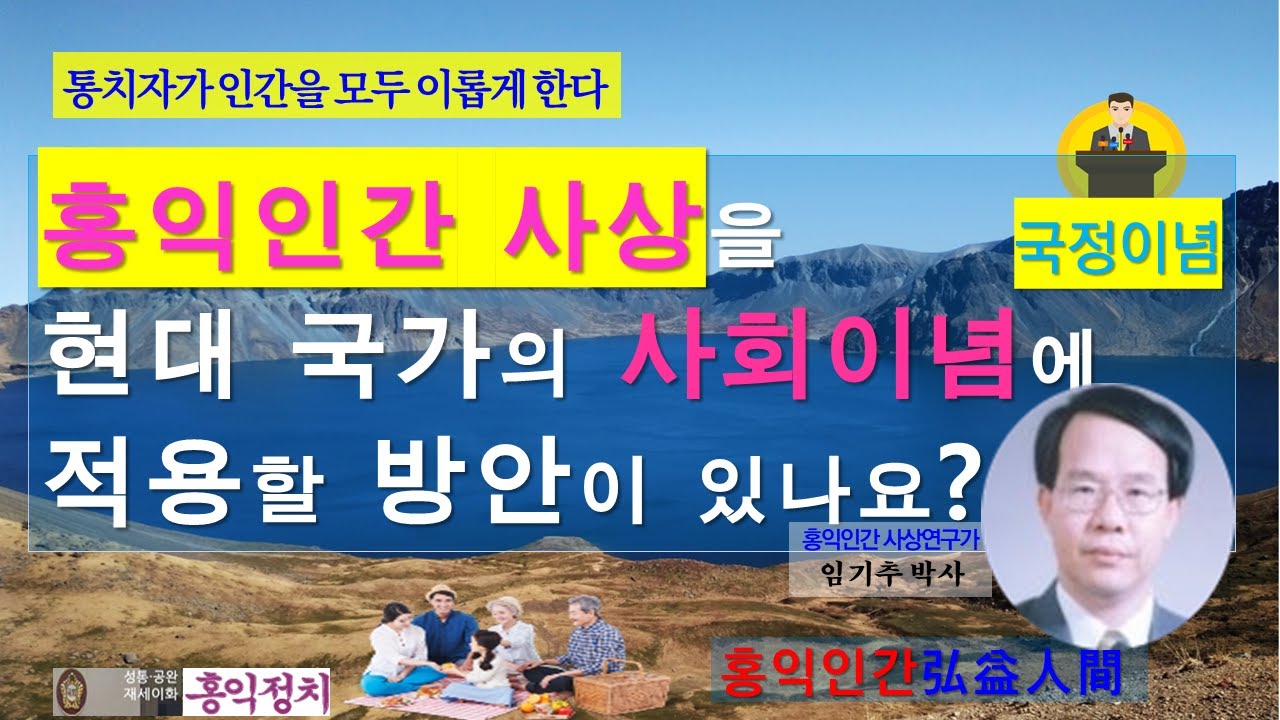

 '잊혀진 계절'누굴위해 존재하는가
'잊혀진 계절'누굴위해 존재하는가
